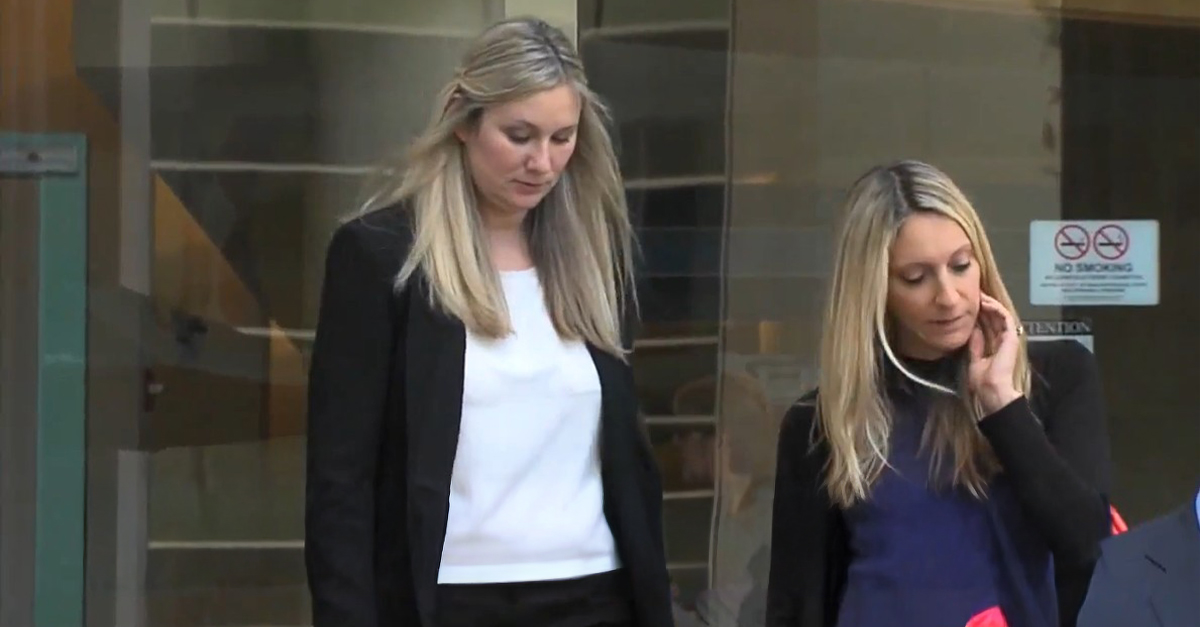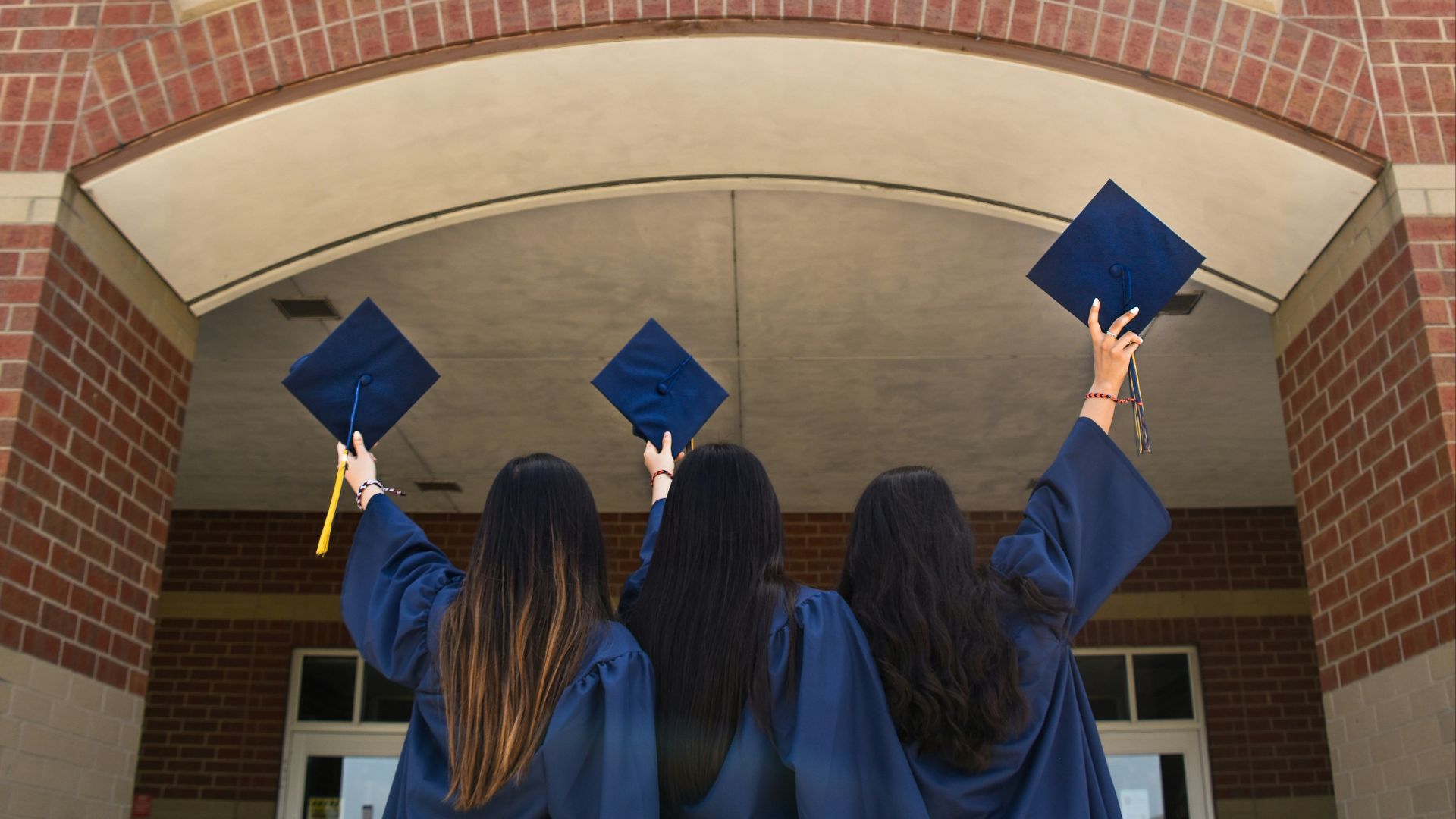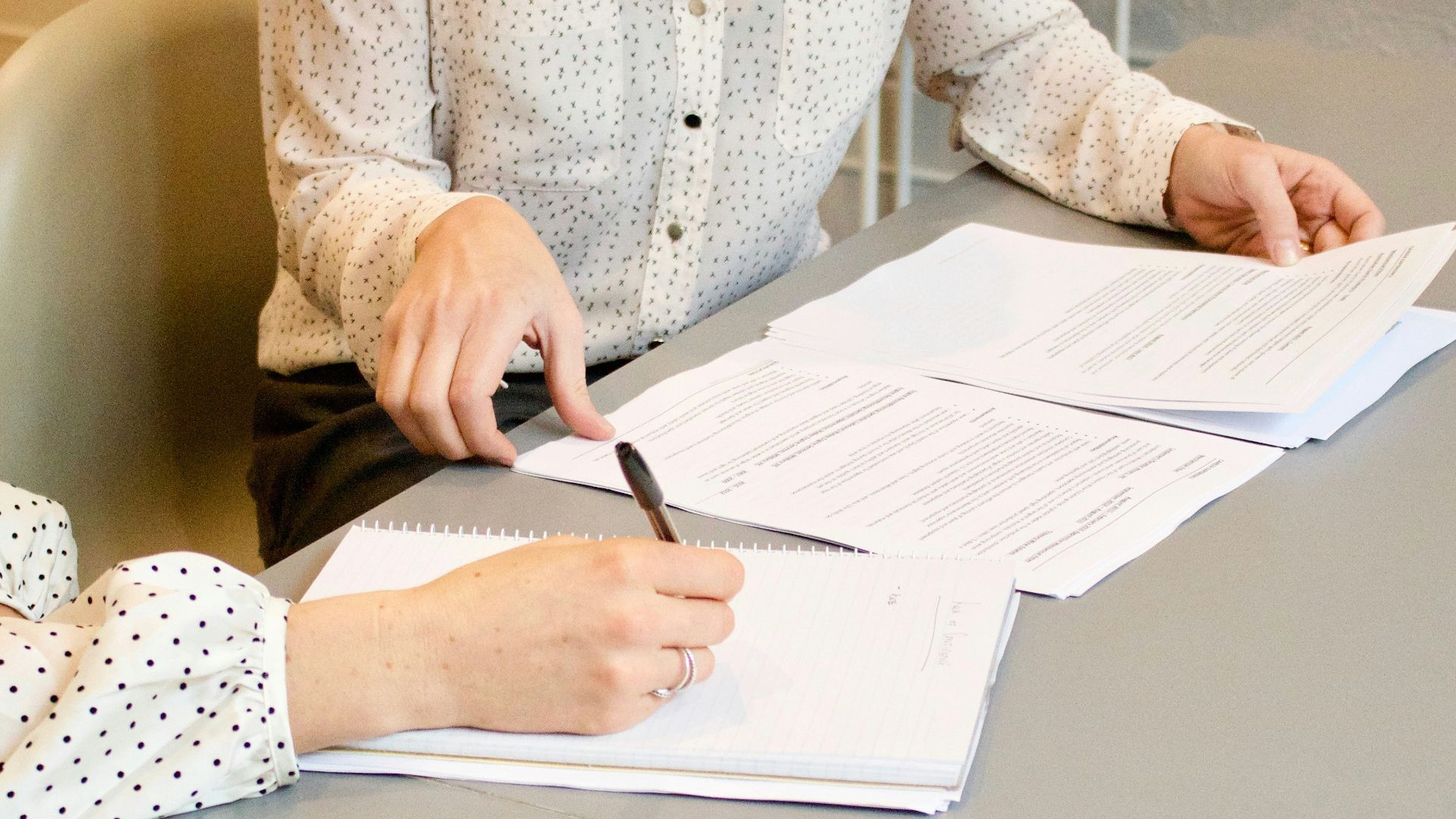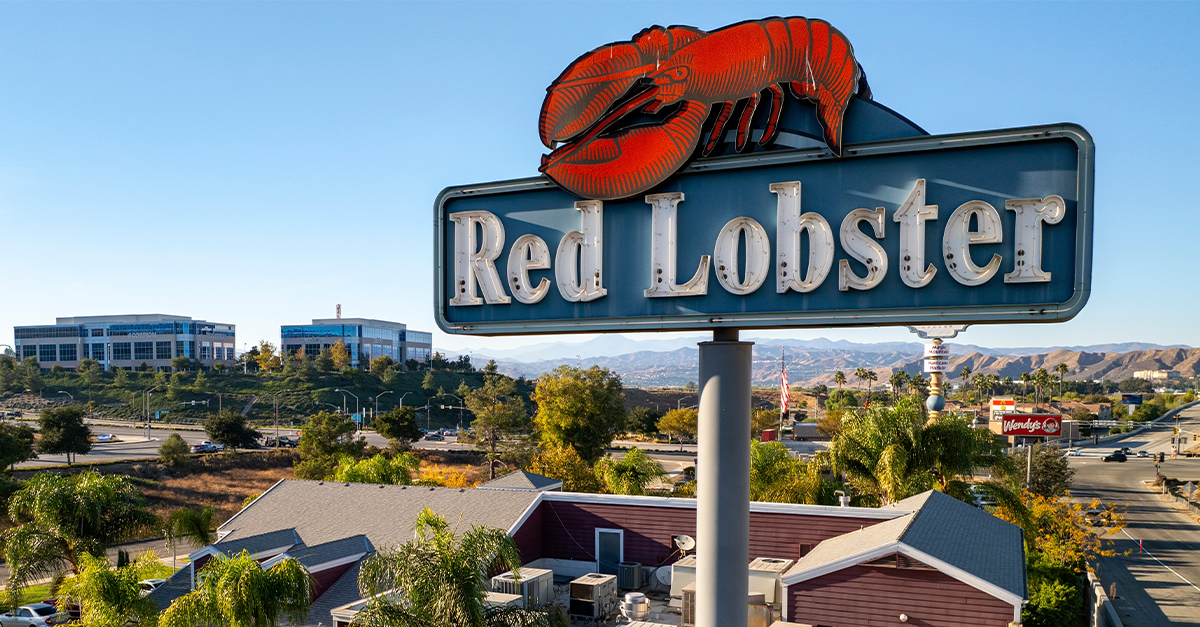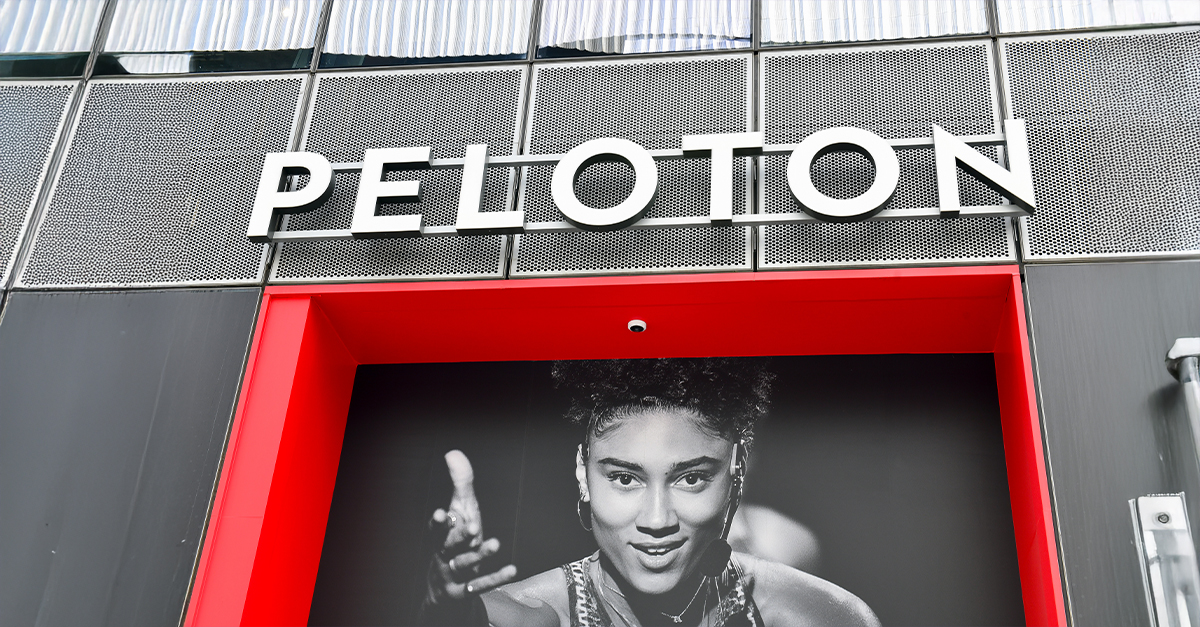When The Promise Didn’t Match The Reality
In 2016, Anna Alaburda sued Thomas Jefferson School of Law, claiming the institution misled its students about employment outcomes after graduation. As student‑loan debt and poor job prospects abound, her case became emblematic of lawsuits by students who felt that institutions of higher education had sold them a bill of goods.
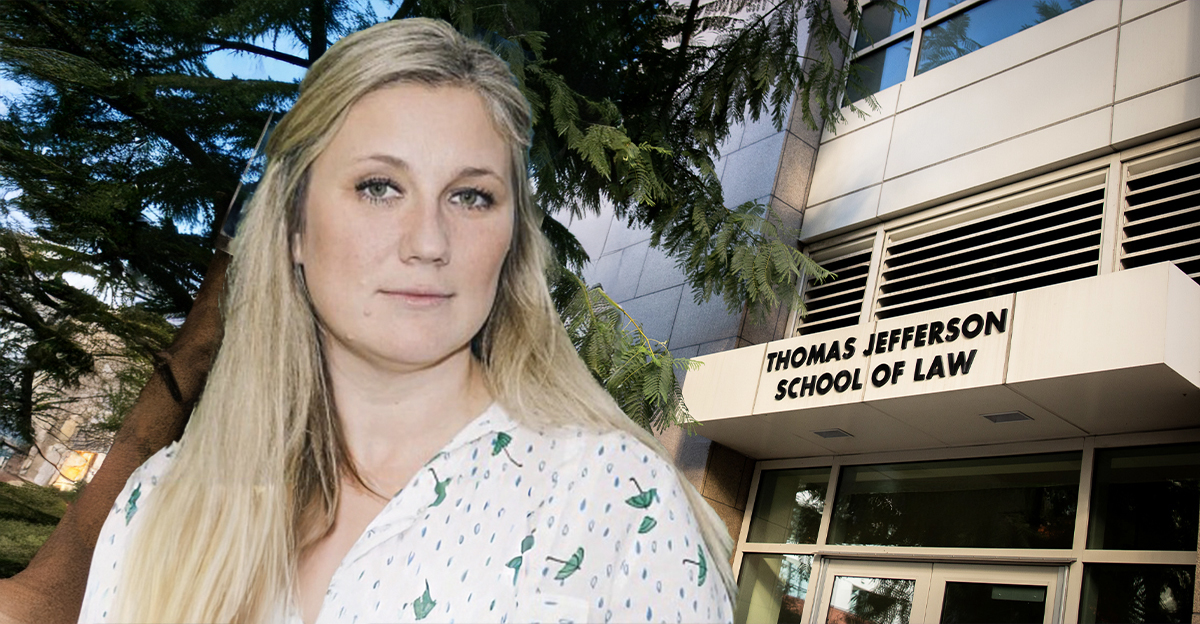
Background Of The Alaburda Case
Alaburda graduated from TJSL in 2008 and passed the California bar. She found she could not secure steady legal employment. She alleged that the law school inflated its post-graduation job placement statistics and misled students about outcomes, thereby inducing her to enroll and take on a heavy debt burden.
 Law school grad says she can't find job, sues school, ABC 10 News
Law school grad says she can't find job, sues school, ABC 10 News
Key Allegations Made By Alaburda
The key part of the complaint charged that TJSL advertised employment rates and salaries that didn’t reflect reality, and that a lot of graduates wound up in non‑legal jobs or underemployment. The claim argued this misrepresentation was in violation of consumer‑protection laws.
 Law school grad says she can't find job, sues school, ABC 10 News
Law school grad says she can't find job, sues school, ABC 10 News
The School’s Defense And Data Disclosures
TJSL based its defense on the assertion that its reporting met accreditor standards and that employment data were complex and varied. The school also pointed to its existing disclaimers and argued that statistics were only one factor in the complex life decisions that students have to make.
 Law school grad says she can't find job, sues school, ABC 10 News
Law school grad says she can't find job, sues school, ABC 10 News
Pre‑Trial Legal Hurdles: Class Certification Denied
The court denied class‑action certification in 2013. This meant that Alaburda had to pursue the case on an individual basis rather than as part of a larger student group.
 Law school grad says she can't find job, sues school, ABC 10 News
Law school grad says she can't find job, sues school, ABC 10 News
Trial And Verdict In 2016
A San Diego jury returned a 9‑3 verdict in favor of TJSL in March 2016. Nine jurors sided with the school, three would have sided with Alaburda. The plaintiff did not obtain relief.
 Law school grad says she can't find job, sues school, ABC 10 News
Law school grad says she can't find job, sues school, ABC 10 News
Importance Of The Case And Verdict
Though Alaburda lost, her case brought public attention to the gap between law‑school marketing and graduate realities. Nine years later, it’s still one of the few cases of its type to reach a verdict before being settled out of court.
 Law school grad says she can't find job, sues school, ABC 10 News
Law school grad says she can't find job, sues school, ABC 10 News
Other Student Lawsuits Against Universities
Over the years, students at other institutions have also filed claims alleging misrepresentations of job outcomes. This includes suits against law schools and for‑profit colleges for making inflated claims of their employment statistics or putting forth misleading promises.
The Rise Of Borrower‑Defense And Debt Relief
On the federal level, the US Department of Education’s “borrower defense to repayment” rules allow student‑loan relief when a school has been proven to have misled students. As of 2024, over 974,000 borrowers were approved for this form of relief worth a total of $17.2 billion.
 College students speak out on finding a job, food insecurity and more, CBS Evening News
College students speak out on finding a job, food insecurity and more, CBS Evening News
Implications For University Marketing Practices
Alaburda’s case put pressure on law schools and universities to improve transparency about employment outcomes, salary data, and graduate prospects. The institutions also had to refine and clarify disclaimers and reporting.
The Role Of Accreditation And Disclosure Standards
Accrediting bodies and state agencies increasingly require schools to publish employment disclosures, bar exam pass rates, and job types. All of this has been implemented with the intent to protect students from misleading claims.
What Students Should Look For Before Enrolling
Prospective students always need to carefully review the school’s disclosures: full‑time JD‑required employment rates, median salaries, post‑graduation indebtedness, and how “employment” is precisely defined.
Risks Of Underemployment And Piling Up Debt
When graduates can’t find jobs in their field, they may struggle with loan repayments, default risk, and lost opportunity costs. This is one cause of the lawsuits we’re seeing.
Why So Few Student‑School Lawsuits Succeed
Despite many claims, few of these kinds of cases succeed; barriers include proving material misrepresentation, causation (that the student relied solely on the misleading claim), and class‑action standing. Alaburda’s verdict loss is a classic example of this difficulty.
Impact On Law Schools And Their Graduates
Schools like TJSL saw themselves placed under heightened scrutiny. Graduates going to lower‑rank schools faced stark employment prospects; TJSL’s Class of 2018 saw only 19% in full‑time, JD‑required employment.
Changing Landscape Of Higher‑Education Litigation
The combination of student‑lawsuits, regulatory enforcement (FTC, DOE) and borrower‑defense processes indicates a trend. Educational institutions are under more pressure to be truthful in their advertising.
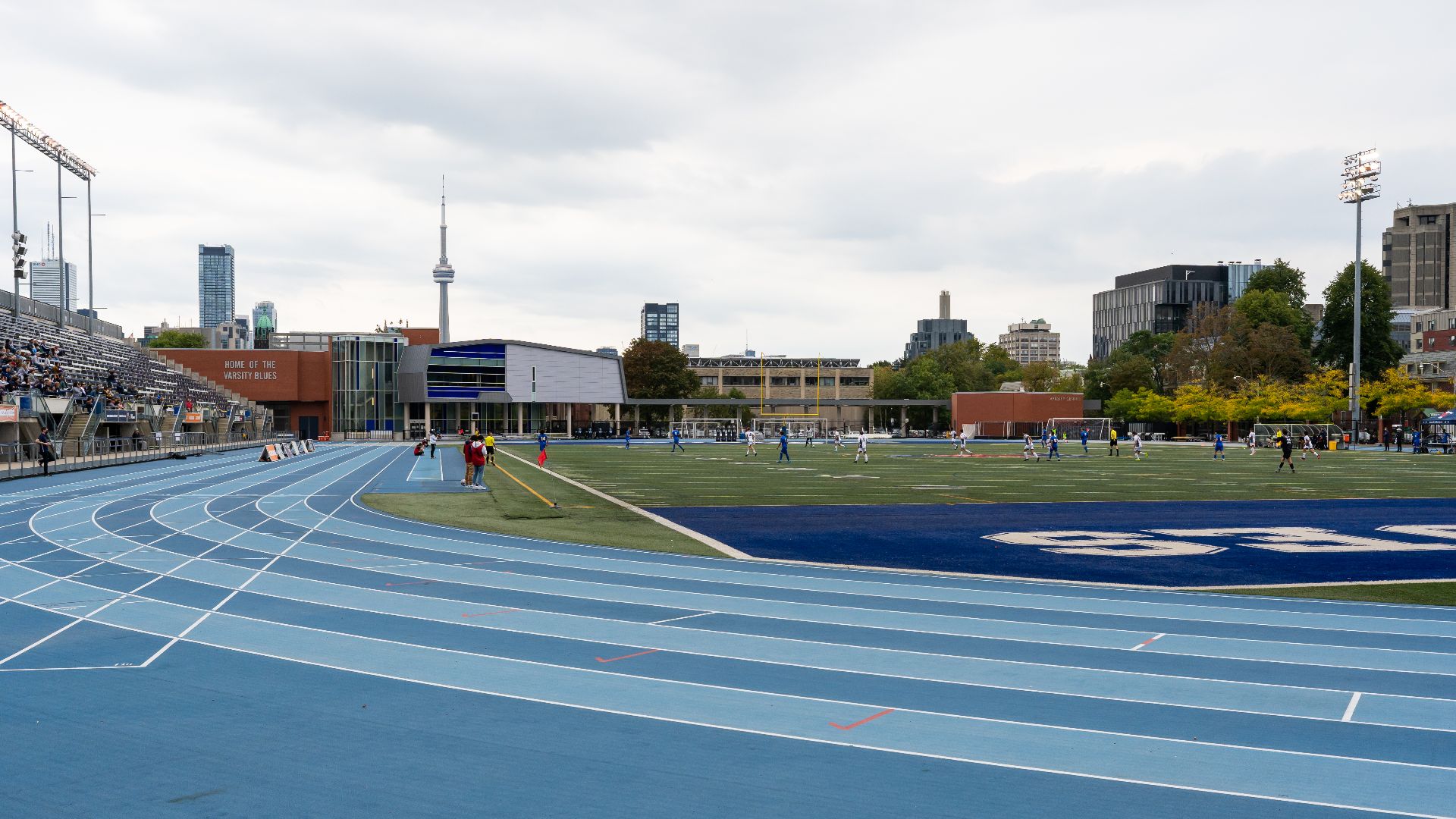 Maksim Sokolov (maxergon.com), Wikimedia Commons
Maksim Sokolov (maxergon.com), Wikimedia Commons
Long‑Term Implications For Student‑Loan Borrowers
Borrowers who feel misled now have more tools (borrower defense, FTC actions) to resort to. Though Alaburda didn’t win, her case added to the national conversation on this matter and may benefit future claimants.
 College students speak out on finding a job, food insecurity and more, CBS Evening News
College students speak out on finding a job, food insecurity and more, CBS Evening News
When Schools Are Held Accountable
When schools settle or lose, they may face tuition refunds, loan‑cancellation obligations, or damage to their reputation. This could cause them to take increased caution in their marketing and admissions.
 College students speak out on finding a job, food insecurity and more, CBS Evening News
College students speak out on finding a job, food insecurity and more, CBS Evening News
Critical Questions Still Unresolved
Some core questions about this issue remain: What constitutes “job in the field”? How soon should data be reported? How do we account for constantly shifting job markets? These are all still being actively debated.
A Case That Raised The Stakes
Alaburda’s suit didn’t succeed, but its implications are still important. It serves as a milestone in the evolving conversation about higher education, access, debt, and accountability. It was also a cautionary tale for students and institutions alike.
You May Also Like:
The Best Online Business Schools With Open Enrollment To Start In 2025

